Infections of the Nervous System
Meningitis, encephalitis, brain abscess, neuro-HIV and prion diseases are time-critical neurological conditions. Fast recognition, accurate diagnosis and coordinated treatment are essential to protect life and long-term function.

Meningitis
What it is: Inflammation of the meninges caused by bacteria, viruses, tuberculosis or fungi.
Red flags: Sudden fever, severe headache, neck stiffness, sensitivity to light, rash, confusion or drowsiness.
Assessment & treatment: Emergency hospital care with blood tests, lumbar puncture, and brain imaging when needed.
Prompt antibiotics/antivirals are started before results if bacterial meningitis is suspected. Vaccination history and close-contact prophylaxis are addressed by the admitting team.

Encephalitis
What it is: Inflammation of the brain itself—commonly viral (e.g., herpes simplex) or immune-mediated (autoimmune encephalitis).
Symptoms: Fever, new seizures, confusion or personality change, memory loss, speech disturbance.
Assessment & treatment: Urgent MRI, EEG, CSF studies (including viral PCR and antibody panels). Treatment may include intravenous antivirals (for suspected HSV) and, for autoimmune forms, steroids, IVIg or plasma exchange, alongside seizure management and neuro-rehabilitation.
Brain abscess
What it is: A localised collection of pus within the brain, often arising from ear/sinus infections, dental sources, bloodstream spread or prior surgery/trauma.
Symptoms: Headache, fever, focal neurological deficits, seizures; sometimes raised pressure symptoms (vomiting, drowsiness).
Assessment & treatment: Contrast MRI/CT to identify the lesion; IV antibiotics guided by microbiology and, in many cases, neurosurgical drainage. Close monitoring for raised intracranial pressure and seizure control is essential.
Neuro-HIV
What it is: Neurological complications related to HIV—opportunistic infections (e.g., cryptococcal meningitis, toxoplasmosis), HIV-associated neurocognitive disorder, myelopathy and neuropathies.
Assessment & treatment: HIV testing where appropriate, targeted imaging/CSF studies, and condition-specific therapy alongside antiretroviral treatment. Care is coordinated with infectious diseases and HIV services; vaccination and prophylaxis are reviewed.
Prion diseases (e.g., Creutzfeldt–Jakob disease)
What it is: Rare, rapidly progressive neurodegenerative disorders presenting with swiftly worsening cognition, ataxia and myoclonus.
Assessment & management: MRI patterns, CSF and EEG findings support diagnosis in specialist centres. Management is supportive, focusing on symptom relief, safety and family counselling with appropriate public-health liaison.
How Dr Francesco Manfredonia can help
-
Rapid triage & diagnosis: early recognition of red flags, arrangement of urgent imaging, EEG and lumbar puncture pathways where appropriate.
-
Joined-up care: close collaboration with emergency, infectious diseases, microbiology, neurosurgery and intensive care teams.
-
Personalised follow-up: seizure plans, cognitive and psychological support, hearing and balance checks after meningitis, rehabilitation and return-to-work guidance.
-
Prevention & advice: vaccination, prophylaxis for close contacts when indicated, and clear written safety information.
Emergency: If you suspect meningitis, encephalitis or brain abscess (fever with severe headache, neck stiffness, new confusion, rash, or seizure), call 999 immediately.
FAQ
What’s the difference between meningitis and encephalitis?
Meningitis inflames the meninges (lining); encephalitis inflames the brain itself. Encephalitis more often causes confusion, behaviour change and seizures.
Is a lumbar puncture safe?
Yes in most cases. We assess for raised intracranial pressure and scan if needed first. The procedure uses local anaesthetic; headache afterwards is usually mild and short-lived.
Are these infections contagious?
Some bacterial meningitides are transmissible; close contacts may need antibiotics or vaccination. Viral encephalitis is usually not spread person-to-person. Your hospital team advises case-by-case.
Can I have long-term effects after meningitis or encephalitis?
Yes—fatigue, headaches, memory or concentration problems, mood change, hearing or balance issues can persist. Early rehabilitation and follow-up improve outcomes.
How are seizures after infection managed?
With antiseizure medication and a personalised rescue plan if needed, plus EEG and imaging follow-up.
Do HIV-related neurological problems improve with treatment?
Often, yes. Controlling HIV with antiretrovirals and treating the specific complication can lead to substantial recovery.
Is prion disease treatable?
There is no curative therapy at present. Care focuses on symptom control, safety, and comprehensive support for the person and family.
When can I return to work or school?
Once fever has resolved, you’re clinically stable and any infection-control guidance has been met. Cognitive and fatigue assessments help plan a graded return.
BOOK YOUR CONSULTATION
Book a consultation with Dr Francesco Manfredonia (Dr FM) for clear diagnosis, compassionate care and a plan built around your life and goals.
